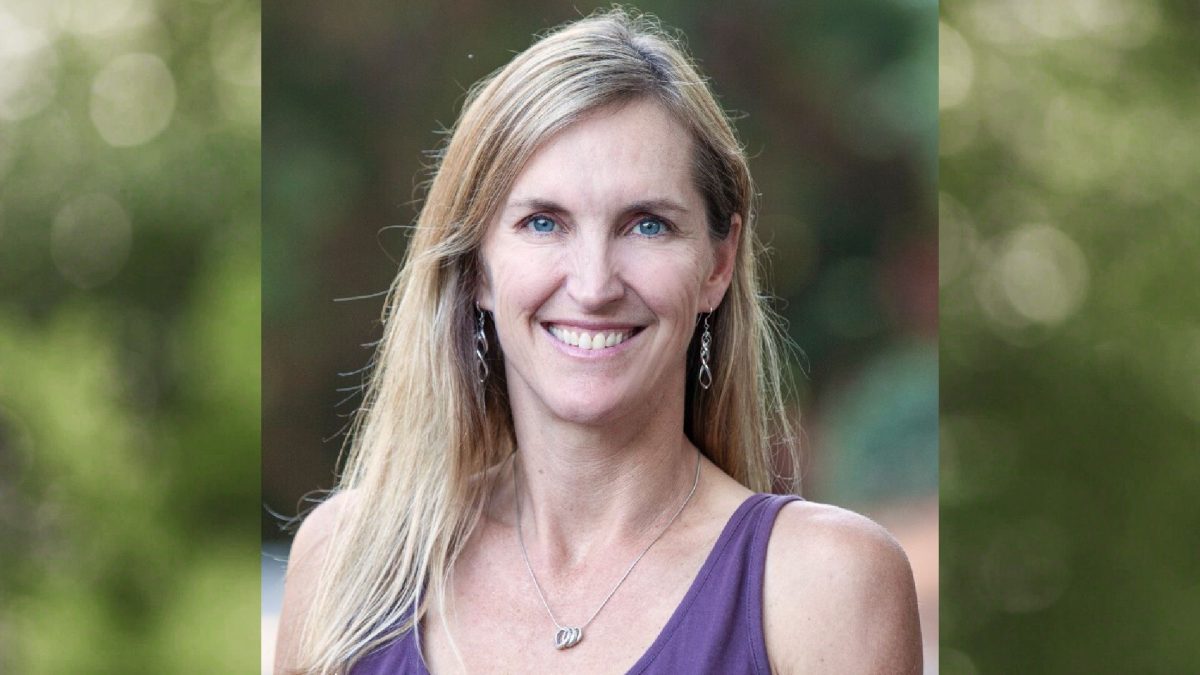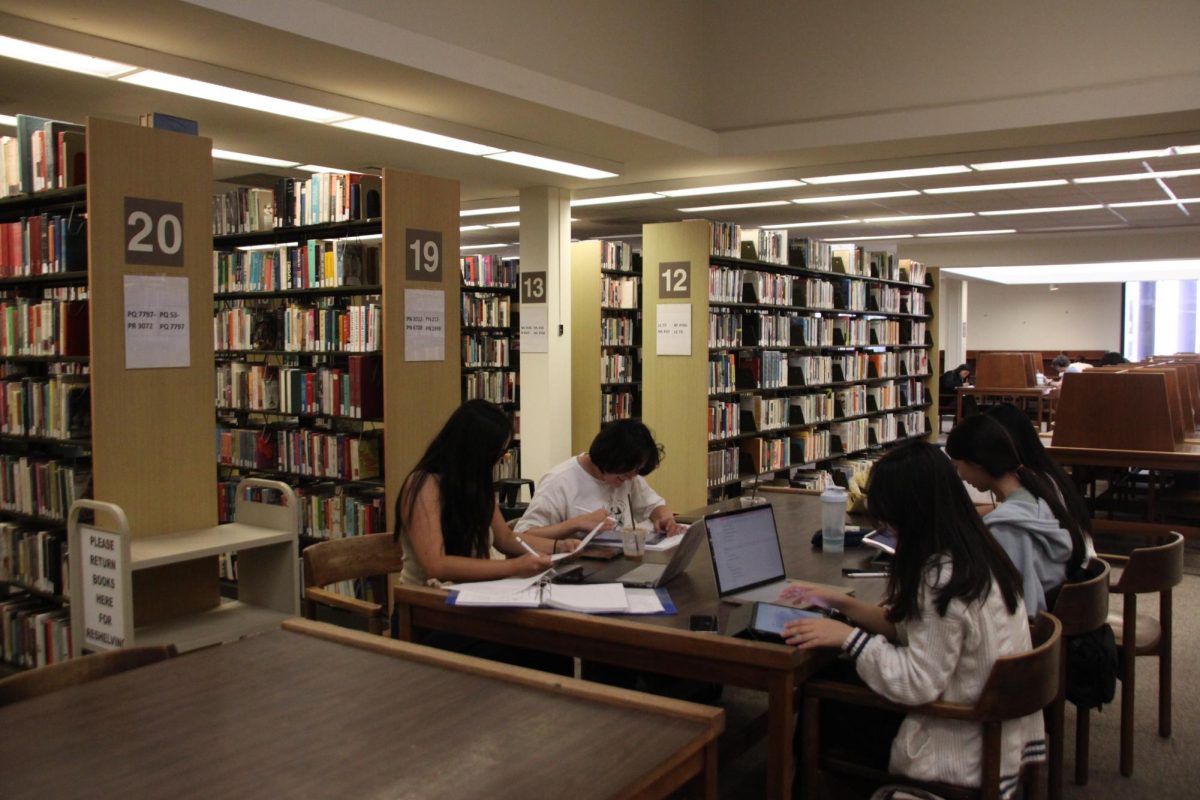With the passing of Halloween, we crossover the threshold into yet another holiday season, while politely ignoring the looming anticipation of Christmas, the mind turns to the next big seasonal event: Thanksgiving. We are all familiar with the story: pilgrims show up, natives befriend them, help them survive the winter, and they all pig out in celebration.
What a wholesome American story. It really encapsulates what we stand for as a nation, what with us treating strangers as equals, our willingness to help out, and how awesome consumption is. But we’re in college now, and the purpose of education is to expand our understanding. To avoid questioning our traditions is to deny ourselves advancement. The history of Thanksgiving is actually much darker than many believe it to be.
In the teaching of American history, the entire subject of what happened to the natives is politely played down. Though there are some progressive teachers who won’t elude the destruction of several nations and their people (another disregarded fact is that native Americans had countries, with borders and trade agreements and so on), the majority of American history being taught as though etched in stone, with anything that may clash with our alleged American values being. That said, let’s discuss some facts.
First, the pilgrims couldn’t even call firsts on visiting America. The Vikings, the Chinese, the Japanese, the Malians, and even other Europeans like Spanish Jews and the Romans were there before the pilgrims. America gained its namesake from Amerigo Vespucci, an Italian explorer who died a century before the pilgrims even showed up. This also ignores the fact that Native Americans had settled America roughly 30,000 years before anyone else. Talk about calling firsts.
Second, the pilgrims didn’t really settle anything, so much as just crash on America’s couch and never leave. Three years before the arrival of the pilgrims, plague raged up and down the east coast, killing as much as 90% of the native population. The numbers that remained to greet the pilgrims were few, and the land that the Europeans found so easy to manage and thrive on was that way because natives had done all the work and then disappeared.
Some readers may be familiar with the story of Squanto, who played a key role in the pilgrims’ survival of their first winter in the new world. Put into this new perspective of Thanksgiving, you may be wondering how he survived the plague, or how he could communicate with the Europeans.
It was easy for Squanto to survive, as he was not in America when the plague struck. Squanto was a slave, sold by a British fisherman to some Spanish monks who wanted to educate them. Squanto escaped however, and joined a fishing boat on course for the new world. When Squanto finally got to the shore and trekked home, he found his people exterminated by disease, making him the last of his people. Joining the pilgrims was a matter of survival.
One very common misconception is that we have been celebrating Thanksgiving ever since “the first Thanksgiving.” The reality is that Thanksgiving was instituted by Abraham Lincoln during the Civil War as a means to keep up morale. Lincoln stated in his Proclamation of Thanksgiving, “I do therefore invite my fellow citizens in every part of the United States, and also those who are at sea and those who are sojourning in foreign lands, to set apart and observe the last Thursday of November next, as a day of Thanksgiving and Praise to our beneficent Father who dwelleth in the Heavens. And I recommend to them that while offering up the ascriptions justly due to Him for such singular deliverances and blessings, they do also, with humble penitence for our national perverseness and disobedience, commend to His tender care all those who have become widows, orphans, mourners or sufferers in the lamentable civil strife in which we are unavoidably engaged, and fervently implore the interposition of the Almighty Hand to heal the wounds of the nation and to restore it as soon as may be consistent with the Divine purposes to the full enjoyment of peace, harmony, tranquility and Union.”
James Loewen, author of the book “Lies My Teacher Told Me” writes, “Thanksgiving is the occasion on which we give thanks to God as a nation for the blessings that He [sic] hath bestowed upon us. More than any other celebration, more even than such overtly patriotic holidays as Independence Day and Memorial Day, Thanksgiving celebrates our ethnocentrism.” Loewen expands on this idea by citing King James and the early Pilgrim leaders as praising God for the plague which they felt gave proof that God was on their side. Loewen goes on to explain the archetypes associated with Thanksgiving, “God on our side, civilization wrested from wilderness, order from disorder, through hard work and good Pilgrim character traits.”
We can see Loewen’s archetypes reflected in Lincoln’s Proclamation of Thanksgiving. It is problematic only having part of the truth.We remind ourselves, ethnocentric values imposed upon a nation through cultural traditions weaved with half-truths and blatant lies while discouraging truth-seeking through indoctrination, is not worth being grateful for.





































































